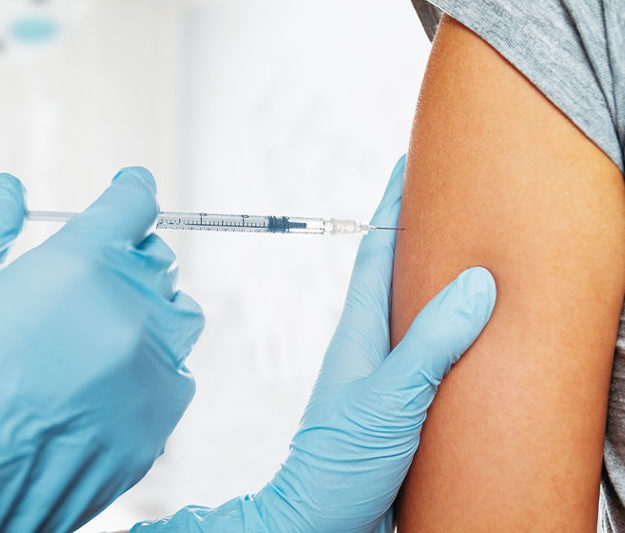Make an appointment

Immunizations
Immunizations are medical procedures that involve administering vaccines to protect individuals from infectious diseases. Vaccines stimulate the immune system to recognize and fight specific pathogens without causing the disease itself. They play a crucial role in preventing the spread of contagious diseases, such as measles, polio, and influenza, by creating herd immunity. Immunizations are particularly important for infants, children, and individuals with weakened immune systems. They are often given through injections, oral doses, or nasal sprays, depending on the vaccine.
Routine immunizations are recommended at specific ages to ensure long-term protection against various diseases. Vaccines not only protect individuals but also reduce the overall burden on healthcare systems by lowering rates of illness and hospitalization. Many vaccines are required for school entry, travel, and employment, especially in healthcare settings. Immunizations have successfully eradicated or significantly reduced the incidence of deadly diseases globally, contributing to improved public health. Overall, immunization is one of the most effective and cost-efficient ways to protect both individuals and communities from preventable diseases.
Disease Prevention
Gynecologists provide care for women during pregnancy, assist with fertility treatments, and offer advice on family planning and contraceptive options.
Protection Across Lifespan
Vaccines are given at various stages of life, from infancy to adulthood, ensuring long-term protection against diseases like measles, polio, and influenza.

Safe and Effective
Vaccines are rigorously tested for safety and effectiveness, providing reliable protection with minimal side effects.
